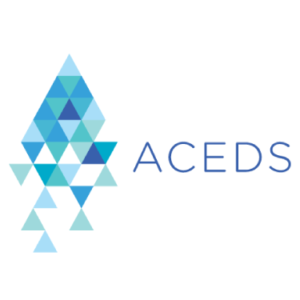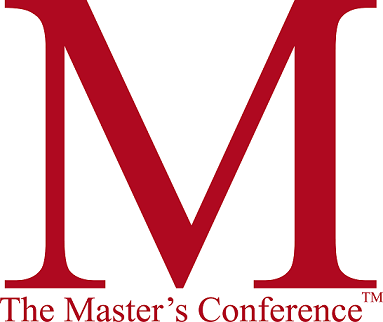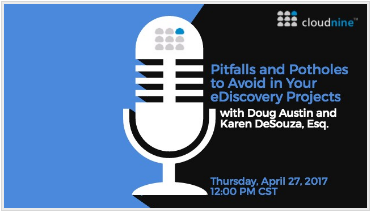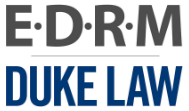Court Tells Litigants “NO MORE WARNINGS” When It Comes to Boilerplate Discovery Objections: eDiscovery Case Law
Court Tells Litigants “NO MORE WARNINGS” When It Comes to Boilerplate Discovery Objections: eDiscovery Case Law https://cloudnine.com/wp-content/uploads/2016/07/Gavel2-8.png 479 270 CloudNine https://cloudnine.com/wp-content/uploads/2016/07/Gavel2-8.pngIn Liguria Foods, Inc. v. Griffith Laboratories, Inc., Iowa District Judge Mark W. Bennett declined to sanction the parties for issuing boilerplate objections, but strongly warned them that the use of boilerplate objections in the future would place counsel and their clients at risk for significant sanctions.
read more








